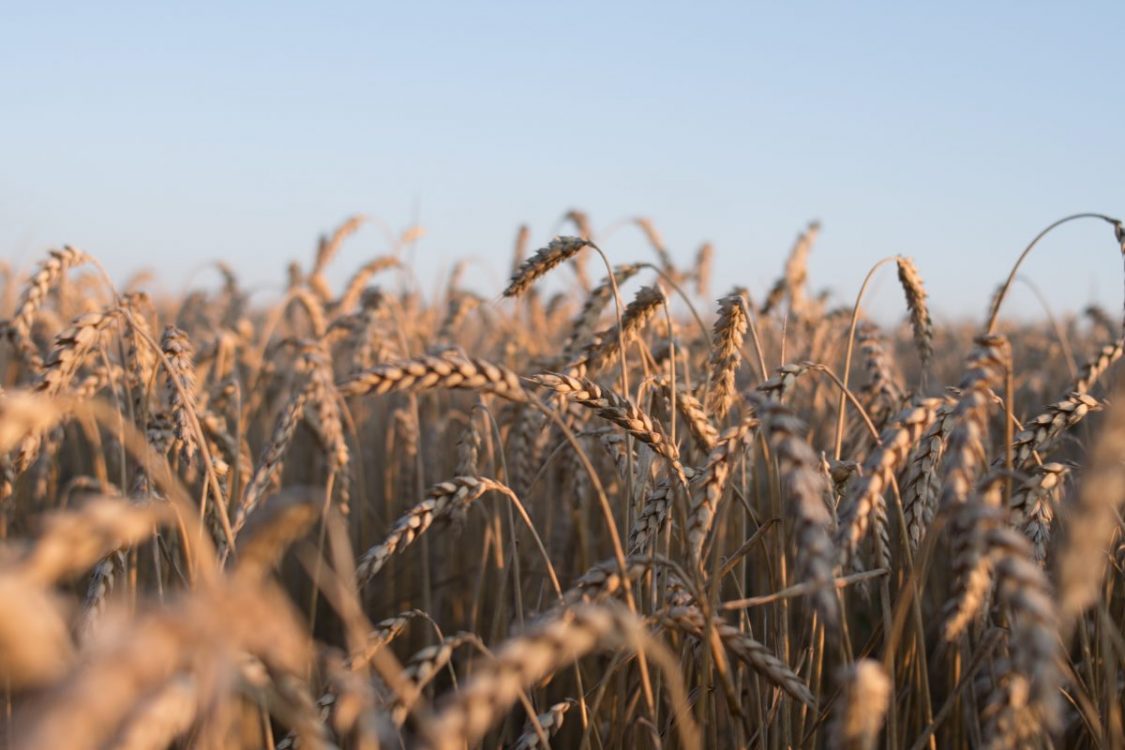Wheat deficit starts to bite as Narok farmers abandon crop

Kenya is staring at a wheat shortage after farmers in South Rift county of Narok cut the number of acreage and others abandoned the ‘brown gold’ farming altogether.
Farmers who met Agriculture Cabinet Secretary Mithika Linturi on Saturday, complained of high cost of maintenance, poor prices, effects of climate change, stem rust, poor rainfall and quelea birds invasion, saying these factors have compromised wheat yields in Narok.
Narok is the biggest wheat producer in the country after Nakuru, Trans Nzoia, Uasin Gishu and Nanyuki counties. It produces up to 50 per cent of the wheat consumed in the country but currently, there are less than 100,000 hectares under the crop this season, according to the Ministry of Agriculture.
John Nchoe, a wheat farmer from Narok North, told the CS, who toured the Narok Cereals and Produce Board on Saturday, that of all the challenges facing the farmers, quelea birds’ invasion, sorghum and maize farms have been giving them sleepless nights.
The farmers note that quelea birds can destroy over 40 per cent of expected harvest, and called on the government to put measures in place ahead of the planting season that is underway.
“The birds are collectively capable of destroying 40 bags of wheat per day, each bird consuming about 10g of crops. If nothing is done the birds can ruin more than 40 per cent of the expected harvest,” Nchoe said.
Population of the birds across the county is over 10 million, which poses a big threat to the farmers if nothing is done.
Musa Ole Nampaso, a farmer in Narok West lamented that large scale farmers from the Ngoringori wheat belt were six years ago forced to abandon the crop or move to neighbouring countries of Uganda and Tanzania.
Nampaso, who was doing over 200 acres in 2016 in the same area, harvested less than 10 bags of 90kg bags per acre, down from the expected 30 bags.
“There was a time we were harvesting between three and seven bags per acre, the worst since 1999 when there was crop failure,” Nampaso noted.
He added: “We were running into big losses due to high cost of farm inputs, fake seeds, erratic weather that forced us close shop and do other things.”
“Most large-scale farmers depend on tractors for tilling, harrowing, planting, spraying and harvesting. But because of the increased fuel prices, the cost of production has gone too high, forcing many to withdraw from farming,” Nampaso said.
Same area
Wheat is grown in Ntulele, Suswa, Nairagie Enkare areas of Narok East sub-county and Enaibelbel, Engeng’etia, Kisiriri, Melili, Olchorro, Olokurto and Mau Narok areas of Narok North Sub-county, Ololulunga, and small parcels in Nkoringori that had large scale farmers of Asian origin in Narok west before they closed shop.
However, Linturi promised reprieve for wheat, barley and sorghum farmers, saying the government has received an aeroplane from donors to help eradicate the destructive birds.
“We have received an aeroplane from our development partners, and we will make sure that we eradicate these birds that are becoming a threat to food security in the country. We will kill them all since the government has funded the purchase of pesticides for this job,” said Linturi.
Besides protecting the crops from infestation by the birds, Linturi called on farmers to register in the ongoing National Household Farmers’ Registration exercise so as to enable the government plan accordingly while making the national budgets.
Linturi, who was taken through the process of buying the subsidised fertilizer through the E-voucher system, said his ministry is planning to give more subsidised inputs to farmers to boost production in all traditional country food baskets including Narok.
E-voucher system was rolled out by the government to ensure traceability and full accountability of the distribution process of fertiliser.
“The farmers’ database will help the ministry in planning for the farmers’ needs as they seek to get funding from the National Treasury. We will get to know the number of farmers and their specific needs,” Linturi said.
Agro vets that distribute sub-standard goods were also put on notice, as the CS requested farmers to speak out and call him personally whenever they purchased any input that did not do well on their farms.
“Please do not keep quiet if your farm does not do well because of the input. Send us an SMS of the product you used, the batch number and company so that we can be able to eliminate the sub-standard goods from the market,” he said.












